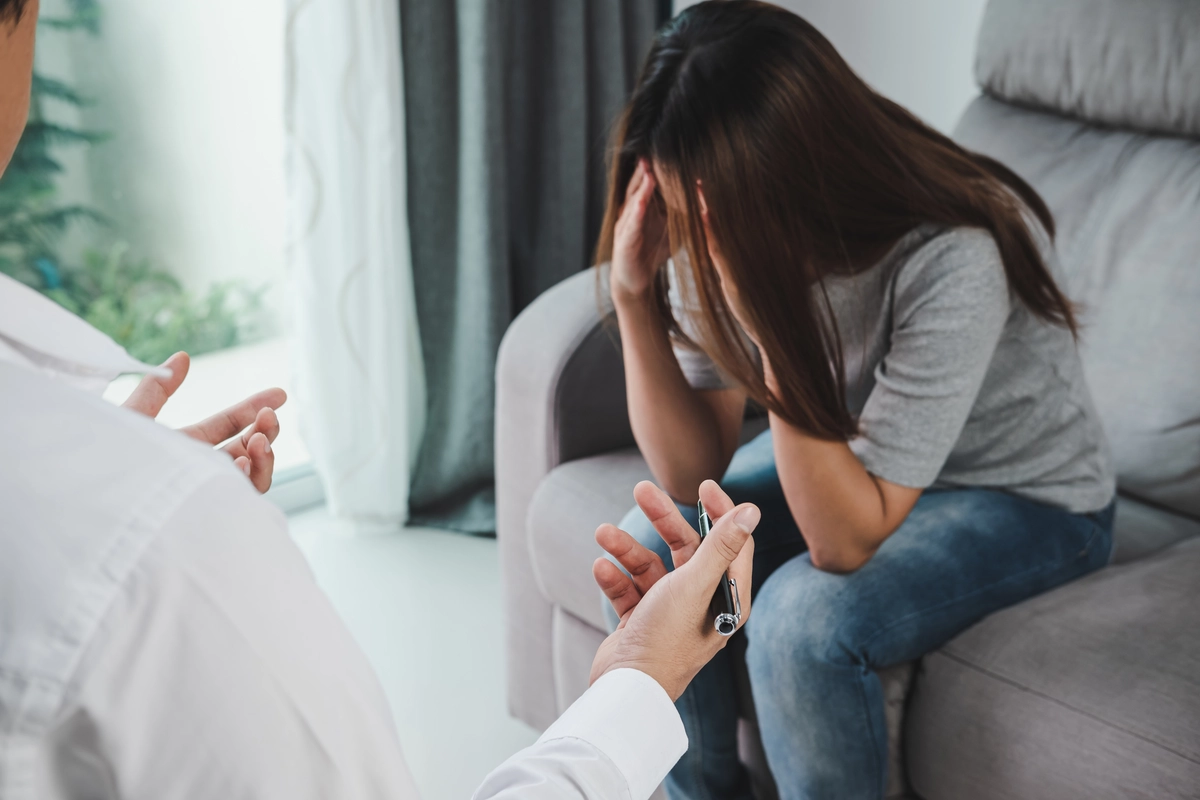24/7 Helpline:
(866) 899-111424/7 Helpline:
(866) 899-1114
Learn more about Bipolar Disorder Treatment centers in Chaffee
Bipolar Disorder Treatment in Other Cities

Other Insurance Options

Optum

Holman Group

Oxford

American Behavioral

Humana

UMR

Access to Recovery (ATR) Voucher

Anthem

Regence

Molina Healthcare

Magellan

MVP Healthcare

Magellan Health

Covered California

Health Partners

State Farm

PHCS Network

Coventry Health Care

Choice Care Network

UnitedHealth Group


New Vision Counseling
New Vision Counseling, located in Sikeston, Missouri, offers behavioral health care and mental healt...

Gibson Recovery Center
Gibson Recovery Center is a non-profit rehab located in Sikeston, Missouri. Gibson Recovery Center s...

Awakenings
Awakenings is a private rehab located in Kelso, Washington. Awakenings specializes in the treatment ...


































Bootheel Counseling Services
Bootheel Counseling Services offers outpatient counseling services for individuals or families strug...

Fair Havens Recovery Center
Fair Havens Recovery Center is a private rehab located in Sikeston, Missouri. Fair Havens Recovery C...

Kelso Treatment Solutions
Kelso Treatment Solutions is a private rehab located in Kelso, Washington. Kelso Treatment Solutions...











































